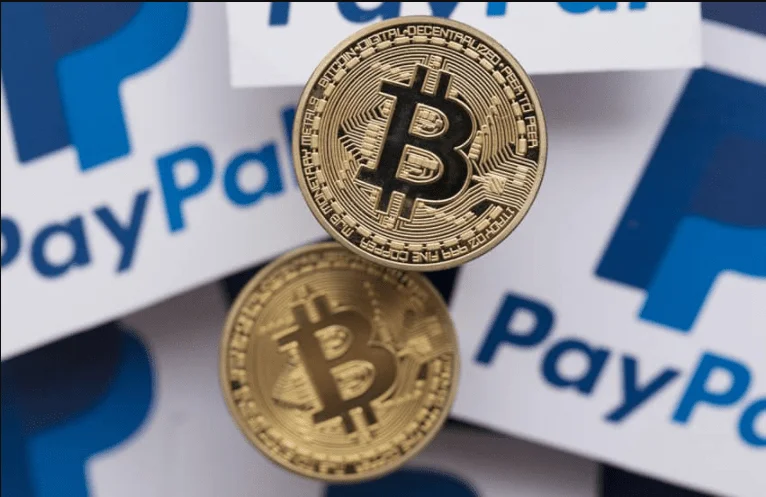PayPal customers in the United Kingdom will be able to buy, sell, and store four different cryptocurrencies: Bitcoin, Ethereum, Bitcoin Cash, and Litecoin.

PayPal customers in the United Kingdom can now purchase, sell, and hold Bitcoin, Ethereum, Bitcoin Cash, and Litecoin starting Monday.
Through a crypto page on PayPal’s website and mobile app, customers may purchase cryptocurrencies for as low as £1 ($1.3) using their bank account, PayPal balance, or debit card.
After the digital payments powerhouse rolled out its crypto suite in the United States in October 2020, the United Kingdom is the second country to gain access to these services. Customers in the United States can choose from the same four coins.
Customers will not be charged for HODLing, but transaction and currency conversion costs will be charged. It hasn’t specified a price structure, but costs in the United States range from 50 cents for orders under $25 to 1.5 percent of the transaction for sales exceeding $1,000.
Customers are unable to send cryptocurrency to other wallets. PayPal crypto can only be spent within the app, though the business is allegedly attempting to change this—at least in the United States, as does competitor Robinhood.
In March, Paypal CEO Dan Schulman told Decrypt that crypto may one day be integrated into a “super app” that would cover shopping, financial services, and identification.
PayPal launched ‘Checkout with Crypto’ that month, allowing its US clients to pay merchants in cryptocurrencies. The company integrated crypto services to its successful mobile payment app, Venmo, in April.
PayPal collaborated with Paxos Crypto Brokerage in July for its crypto payments services, and in March 2021, the corporation paid over $200 million for Curv, an Israeli startup that helps banks and others secure their crypto holdings.
PayPal has also invested in TRM Labs, a crypto risk management software company, TaxBit, a tax software company, and Talos, a trading infrastructure company.
PayPal, unlike Tesla and Square, does not have cryptocurrency on its balance sheet. “We don’t necessarily like the ups and downs of what can happen if you invest in a specific asset class,” Schulman said in March to Decrypt.
After all, getting high on one’s own supply is rarely a wise idea.
